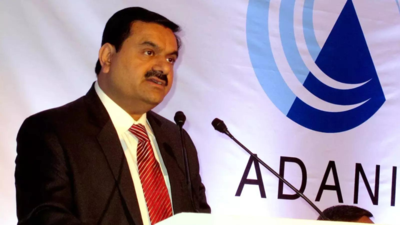Yale Club, New York, NY — Stakeholders in the fight against malaria have reaffirmed the vital role of women leaders in driving efforts toward malaria eradication. Speaking during a side event at the 79th United Nations General Assembly (UNGA), hosted by WomenLift Health and the RBM Partnership to End Malaria, global health leaders underscored that gender-responsive approaches are not only critical but essential for sustainable progress in the fight against malaria and the growing threats posed by climate change. The event, titled "Integrating a Gender Lens in the Fight Against Malaria: A Dialogue Exploring the Power of Women’s Leadership in Malaria Eradication," brought together key stakeholders to discuss how reimagining leadership by placing more women in decision-making roles can transform global health strategies and deliver more equitable outcomes.
“When we’re talking about the fight against malaria, the approaches that have gotten us this far won’t be enough to end the disease for good,” said Dr. Michael Adekunle Charles, CEO of RBM Partnership to End Malaria. “We have to do things differently, and this includes developing gender sensitive and inclusive approaches.
” “Eradicating malaria is possible with the right leadership and strategies – collaboration and partnerships are key,” said Dr. Filomena Mendez Goncalves , Minister of Health for Cabo Verde, as she highlighted the role her father, a male ally, played in raising her into a bold woman not a.


















